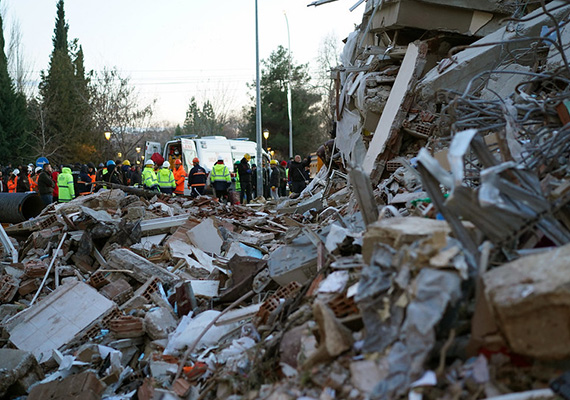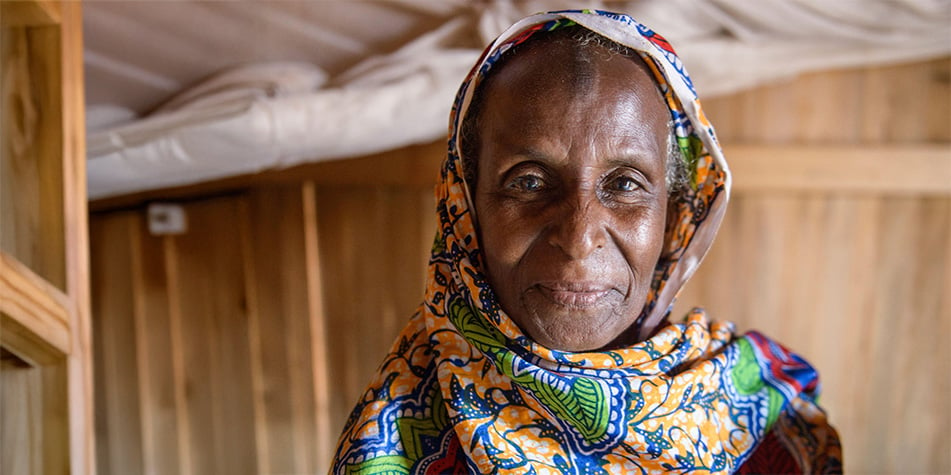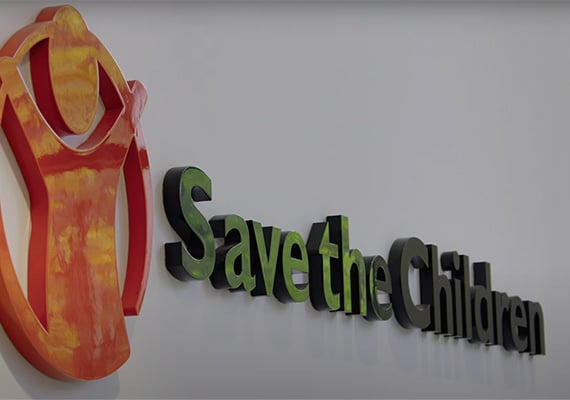CHL has cemented its reputation as a global leader in the field of humanitarian aid training and demand far exceeds capacity.
'We have requests almost on a weekly basis, "Can you run training in this region? Can you do it in this language?". Myanmar, for example. So, we are chasing our tails as fast as we can with the funding we have in hand,' Associate Professor McGlasson says.
The Centre also pursues a robust research program. CHL publishes an annual bilingual journal, The Humanitarian Leader/Leader Humanitaire, in English and French. The publication is free to access and provides a platform for aid sector professionals, researchers, activists and volunteers to share and test their ideas.
Associate Professor McGlasson encourages those who wish to learn more about the Centre’s work and support future projects to get in touch.
'I love the way philanthropists think. There's a deep optimism that I think the world needs. It is so easy to become overwhelmed, but for every bad news story I can give you 10 good news stories and hold up literally thousands of people who have come through our programs who are out there in the world doing real work. And much of that work was made possible because philanthropic foundations and philanthropists realised that it was important.'



